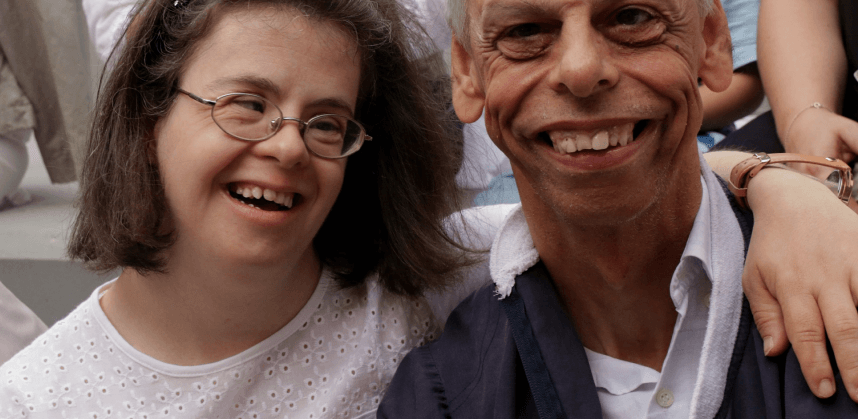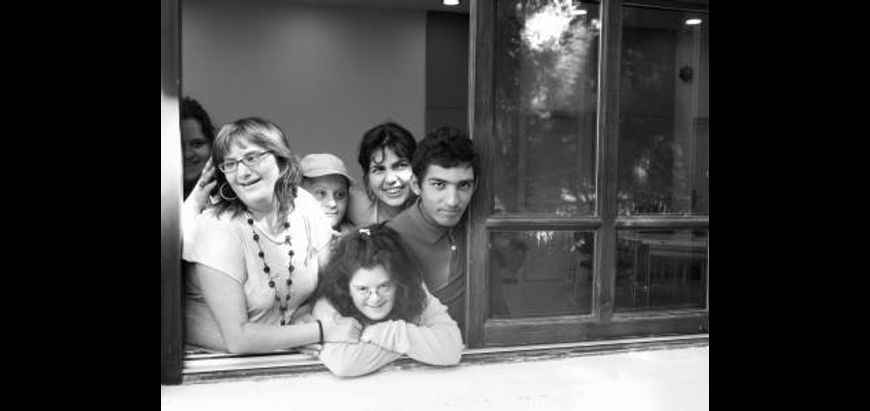
Translations:
For a better understanding of mental disability and how it affects people's lives we recommend some references:
- Ioanna Tsokopoulou, He is my son, Margarita & Topos ed., Athens, 2018
The book is the testimony of the founder of Margarita VTC, the story of the calvary of a mother to raise her child and build, with persistence, faith and stubbornness, a model school for children with mental disabilities. "An exciting book" (Lefteris Papadopoulos), a "remarkable document" (Kostas Georgousopoulos) which gave courage and hope to many mothers, is now in its fifth edition with a foreword by Alki Zei.
- Judith Wallace Scott, Entwined. Sisters and Secrets in the Silent World of Artist Judith Scott, Beacon Press, Boston, Mass., 2017
The impressive and moving story of the famous outsider artist Judith Scott (1940-2005), a woman with Down syndrome and deafness, through the narration of her twin sister Joyce. A narration about Judith’s childhood, confinement in an asylum, her sister's struggle to get her out, her placement in a day care center, Judith's revelatory encounter with creative expression and the impressive fabric sculptures that are now in major museums and collections.
- Eva Feder Kittay, Learning from my daughter, Oxford University Press, 2019
Eva Feder Kittay, Professor of Philosophy at Stony Brook University, mother of Sesha, a woman with multiple disabilities, among them severe intellectual disability, negotiates the path she took as a philosopher and mother of a daughter who, while lacking what philosophers value so much—the ability to reason and make arguments—taught her many unique lessons about the worth of life.
- What's Eating Gilbert Grape? Directed by: Lasse Hallström, 1993
Screenplay: Peter Hedges, based on his book of same title (1991)
A film about the responsibility of a brother and son towards his family, with a strong cast (Johnny Depp, Leonardo di Caprio). Gilbert Grape tries to have a romantic relationship with Becky and also support his mentally disabled brother Arnie. Arnie's influence on Gilbert's life is interesting. Arnie's instinctive behavior, his curiosity and lack of inhibition in communicating his feelings, is a gift to Gilbert, and thanks to Arnie, Gilbert slowly learns how to express himself and thus break free.
Other scientific books with a global approach to intellectual disability:
- Beirne-Smith M., Patton J. R., Kim H. S. (2005). Mental Retardation: An Introduction to Intellectual Disability. Pearson.
- Brue, A. W., & Wilmshurst, L. (2016). Essentials of intellectual disability assessment and identification. John Wiley & Sons.
- Hodapp, R. M. (2003). Developmental theories and disability. Mental retardation, sensory disorders and motor disability. Athens: Metaixmio.
- Rogers, C. (2016). Intellectual disability and being human: a care ethics model. Routledge.
- Simplican, S. C. (2019). Intellectual disability and stigma: stepping out from the margins.













